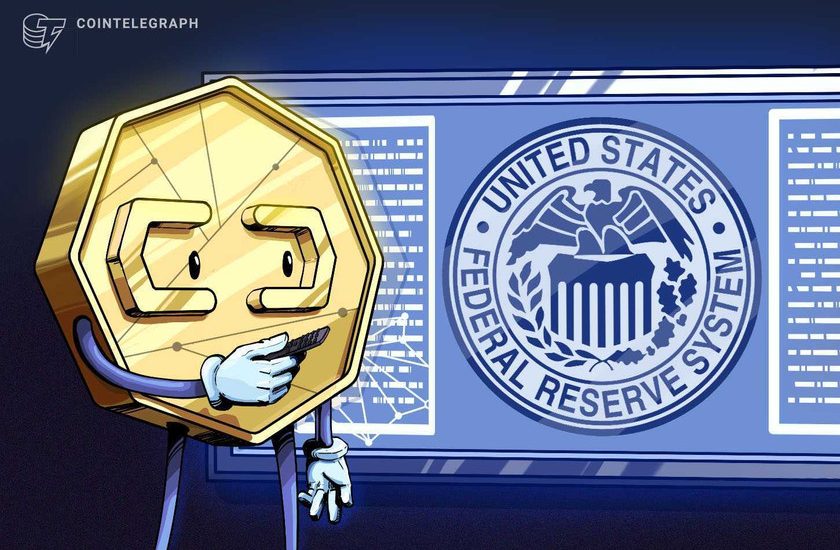- March 29, 2023
- Posted by: admin
- Category: BitCoin, Blockchain, Cryptocurrency, Investments


Circle’s APAC Vice President said that the company currently holds 80% of its reserves but would ultimately like to keep all cash with the Fed, in light of the recent banking crisis.
Circle has been subject to discussion in the crypto industry since the depegging of its stablecoin (USDC) due to the collapse of Silicon Valley Bank (SVB) on March 10. Now that the company cleared its backlogs and USDC regained its 1:1 peg with the United States dollar, it is looking towards the future of both the company and the industry.
In an interview with Cointelegraph at WOW Summit Hong Kong, Raagulan Pathy, Circle’s APAC vice president, said the company is reflecting on recent events and focused on having “more banking partnerships on a global basis.”
“We don’t have any plans to move reserves right now. We’ve got a very strong fund for where the reserves sit. We spent a lot of time building transparency around it and establishing that.”
After the SBV crash, Circle promptly announced a new banking partnership with Cross River and an expansion of its ties with BNY Mellon. Pathy said Circle currently holds 80% of its reserves and treasuries.
“We would ultimately like to keep all of our cash as well with the Fed and use the payment rails to the Fed, because that moves us away from our reliance on TradFi partners.”
Pathy continued to say that the company does not have any plans to move its headquarters, which is currently based in the U.S. and called the U.S. regulatory landscape “extremely fluid.”
However, he commented on regulatory regimes of other countries like Singapore, which he praised for having a “measured approach towards regulation.” According to Pathy, the country has a “step-by-step” approach to crypto.
Related: USDC depeg will hinder stablecoins’ growth, increase regulatory scrutiny — Moody’s
Pathy also highlighted Circle’s significant presence in Singapore, and a recent acquisition in Taiwan.
“Generally, as a company, we’re on a globalization path. We are looking at having more people on ground in areas where we see a favorable environment.”
Singapore has been increasingly targeted by companies in the space as a crypto-friendly destination in terms of regulation and prospects for innovation. On the other hand, the U.S. has been cracking down on the crypto industry.
One commentator recently called actions from U.S. regulators a ‘surgical removal’ of crypto. It has also been said that the U.S.’s strict regulation enforcement tactics towards the crypto industry is creating a vacuum, for other countries to swoop in to nurture a more “vibrant” scene.
Magazine: US enforcement agencies are turning up the heat on crypto-related crime
